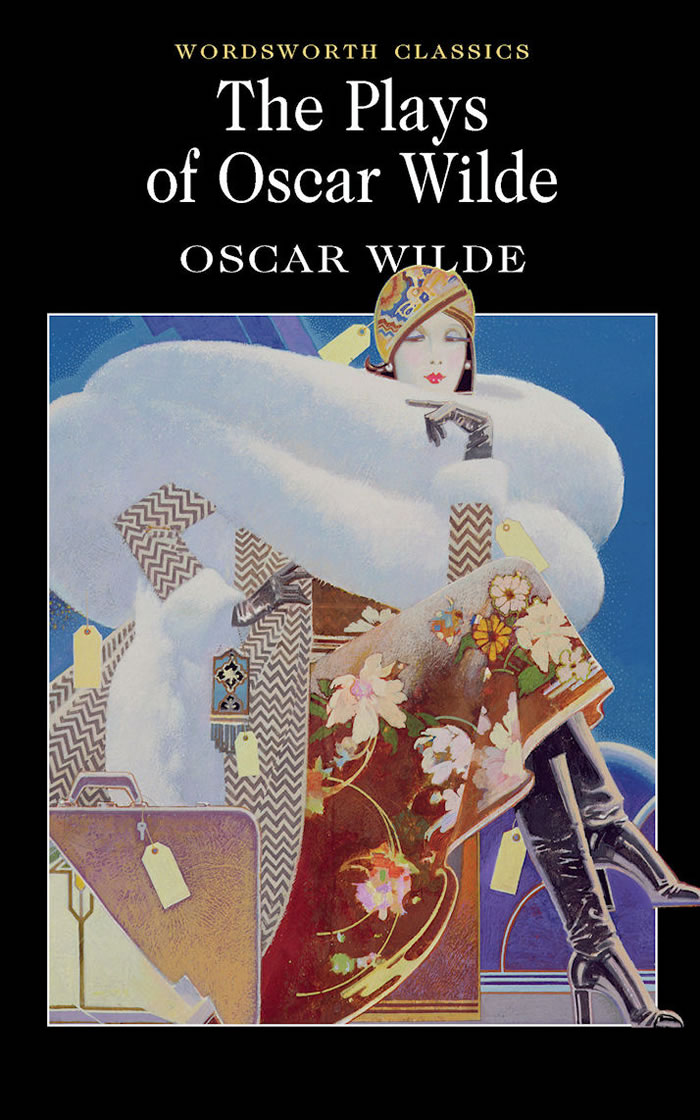Author: Oscar Wilde (1854–1900)
Publisher: Wordsworth Classics (2002 edition)
Bought from: Noq Store
Introduction
Oscar Fingal O’Flahertie Wills Wilde was an Irish journalist, poet, playwright and author. He was born in Dublin and read Classics in Trinity College, Dublin (1871–1874) and Magdalen College, Oxford (1874–1878). In university, Wilde became a strong follower of Aestheticism and he had Walter Pater, a leading figure of the movement, as a tutor in Oxford. Aestheticism started among artists and designers in the 1860s and expanded to include architects, poets, writers and philosophers. The movement argued that the arts (literature, visual art, music etc) should be enjoyed for its beauty alone and did not have any moral, social or didactic purposes. For some, Aestheticism even became a way of life, manifested in hedonism and homosexuality. Aestheticism was a response to the morality and values of the middle class, the emerging mainstream of the Victorian Age.
Wilde had written a number of short stories (including The Happy Prince which was included in a collection published in 1888) and essays before The Picture of Dorian Gray, his only full length novel. It was first published in a July 1890 issue of Lippincott’s Monthly Magazine. The magazine’s editors, concerned about the homoerotic and decadent tone of the story, censored it without Oscar Wilde’s knowledge. The censored version was still savaged by the critics. Wilde heavily edited the story and added the famous preface for a revised edition published in 1891. He then turned his talents to the theatre and wrote a number of plays, the most famous being The Importance of Being Earnest which opened triumphantly in London’s West End in 1895.
Soon after, Wilde (somewhat foolishly, with hindsight) sued the Marquess of Queensbury for libel. He lost the case and his liability for the Marquess’ legal cost bankrupted him. Worse, the trial uncovered evidence of his sexual relationships with the Marquess’ son and other men. He was tried and convicted for gross indecency for which he was sentenced to two years of hard labor. He was released in 1897, a broken man physically. He left for Paris and died a penniless exile three years later.
What is the story about?
Faked and mistaken identities result in high farce.
Themes
The Importance of Being Earnest is a satire of Victorian upper class behaviours and attitude towards marriage.
How is the book?
This is a collection of all of Wilde’s plays. It comes with an introduction and brief notes written by Anne Varty, Royal Holloway (University of London). Wilde’s works are in the public domain but this Wordsworth Classics edition costs S$3.45.
Finally …
Oscar Wilde wrote some of English literature’s most wonderful phrases. Turn to any page and one can will find at least one example. The Importance of Being Earnest is an easy and comic read.
